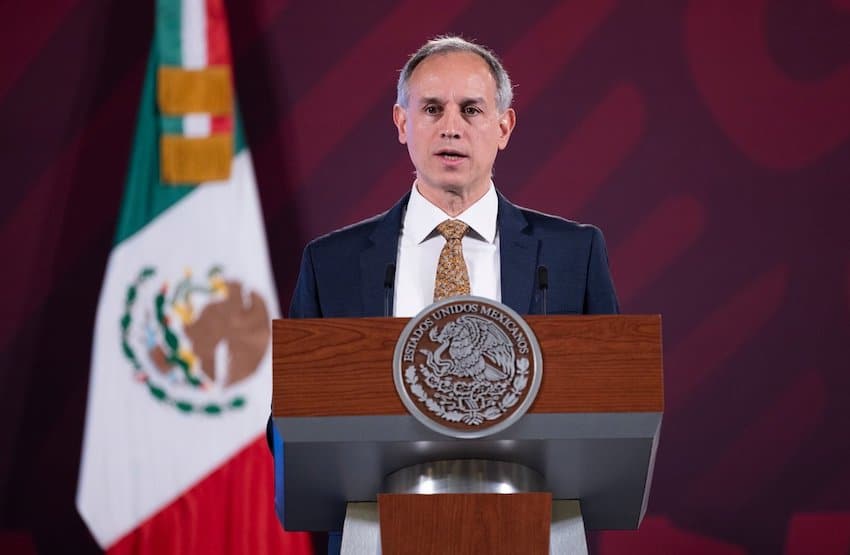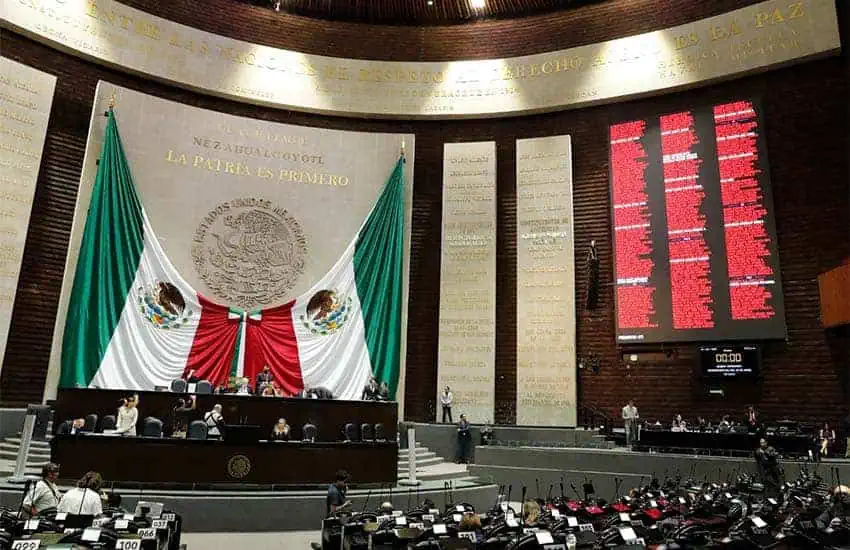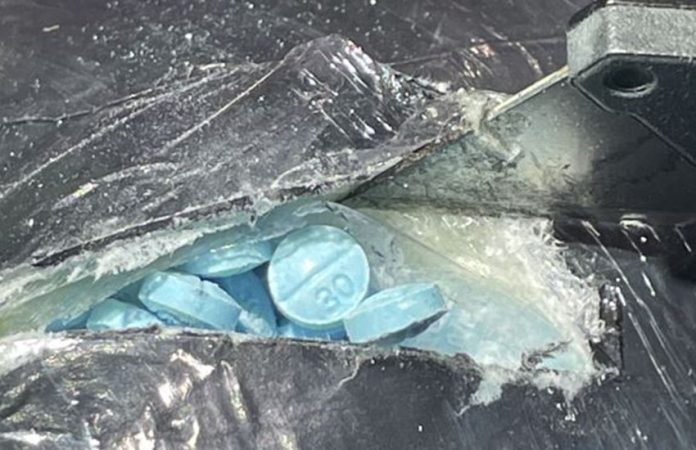The Chamber of Deputies approved an anti-fentanyl law Tuesday, establishing new regulations for chemical precursors used to make the drug and greater penalties for their illegal use.
The reform, which passed by 319 to 126 votes, mandates harsher punishments than previously existing ones for anyone who uses precursor chemicals to make synthetic drugs, such as fentanyl, including a possible 10 to 15 years in prison and a fine amounting to 10% of the revenue derived from this activity.

Any government official found guilty of the crime will see the penalty increased by two-thirds of the typical sentence or fine and will be removed from office.
The reform defines a synthetic drug as any substance of synthetic origin that has psychoactive effects and is available on the illicit drug market for nonmedical purposes.
The Ministries of Defense and Public Security, along with the National Guard, will collaborate with the Health Ministry and the health regulator Cofepris to detect and prevent the distribution of chemical precursors, products and machines used to make synthetic drugs.
Deputy Health Minister Hugo López-Gatell noted during Tuesday’s presidential press conference that the approval of the “anti-fentanyl law” will facilitate Mexico’s control of these substances and prevent organized crime.

“This reform will allow us to have the widest range of chemical precursor surveillance. But not only that, it will give us flexibility so that new formulations of chemical precursors commonly discovered by organized crime can be monitored,” López-Gatell said.
Deputies from the Citizens Movement (MC) and National Action Party (PAN) claimed that they did not vote in favor of the law because it criminalizes the entire production process, potentially putting the legal production of medication at risk.
They also said that the López Obrador administration presented the initiative under pressure from the United States government regarding fentanyl trafficking.
The U.S. government has recently pressured Mexico to do more to curb fentanyl trafficking, which is responsible for a spike in drug overdose deaths in the United States.
With reports from Excelsior and El Universal
